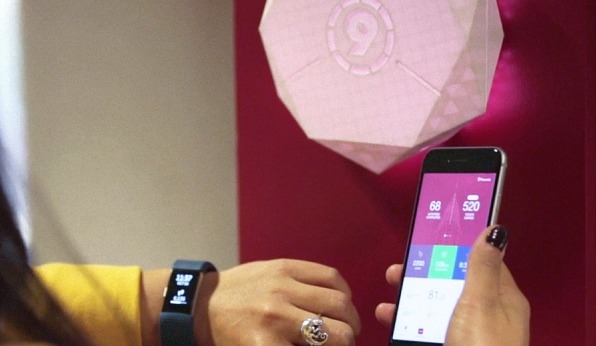But this bad news gets worse: A major new study out of Harvard University demonstrates that office air doesn’t just make us unhealthy. This polluted air also makes us stupider, slowing us down on cognitive tests and making it easier to get distracted. The more polluted the office air, the worse people performed on tests. And crucially, researchers found these results in dozens of typical commercial buildings in six countries across the globe, including the U.S., the U.K., and China.
“This wasn’t a study of bad buildings. We didn’t go out and find the worst buildings in the world and find a result that the really bad buildings are bad for your health,” says Joseph Allen, associate professor at Harvard’s School of Public Health and the author of Healthy Buildings: How Indoor Spaces Drive Performance and Productivity. “These are what would be deemed good buildings by just about anybody under the existing framework of how we think about our buildings.” (The researchers did a separate, “exhaustive” study with each building manager to validate their site for inclusion.)
To conduct the study, the research team recruited hundreds of workers from 42 offices around the world. Their average age was 33 years old, which is particularly relevant because air research is generally conducted on the most vulnerable groups: the very young or very old. Each worker was sent an air sensor. Placed on their actual desk, it measured the CO2 and fine particulate matter (the tiny debris floating in the air from wildfires and car exhaust) that they were breathing at any moment. Then, through a smartphone app, these workers were asked to take a cognitive test several times over the course of the year. (These tests are standardized by the research community, with timed challenges like matching a color to a color’s word, in which split second delays can identify a slower brain.) This setup allowed unprecedented data fidelity: Researchers were literally able to see the levels of pollution around the office workers at the very moment those workers were taking the test.

The most disturbing finding was that there was a direct relationship between the amount of fine particulate matter in the air and how poorly people performed on mental tests. The more polluted the air, the worse people performed.
“The office air you breathe is having an immediate impact on your cognitive function,” Allen says. Researchers even noted that people who were breathing what’s widely considered good air—air that has fine particulate matter below 1,000 parts per million—still suffered cognitive impairment.
“This means even good buildings have room to improve,” Allen says.
How bad are the cognitive effects of bad air in real life? They’re noticeable, according to Harvard research associate Jose Guillermo Cedeno Laurent, who led the study. He alludes to anyone present, whether they’re in an interview or crunching some quick numbers, looking noticeably slower at the task if the office is filled with polluted air. He also adds that any time you get a call while working on something else, that’s a distraction. And a mind working in dirty air will be slower at managing these distractions throughout the day. You’ll have a tougher time getting back to work every time you’re interrupted.
Now, indoor air quality is a solvable problem. Allen notes that the solution is to bring in more air from outside the building to cut down on CO2, and then to use high-grade MERV13 filters inside the building to scrub away the fine particulate matter. Building managers should also ensure that they aren’t housing more employees than the building’s planned occupancy levels.
However, these results are still incredibly depressing. Any office worker knows that they have very little say in creature comforts like their desk arrangement and computer setup, let alone the intricate details of building infrastructure and HVAC systems. Still, Allen remains optimistic. He urges employees to ask their managers to have buildings properly assessed for ventilation and filtration.
“I think COVID has changed the power dynamic,” Allen says, noting the new discourse between employees and businesses around hybrid offices and other pandemic-era initiatives. “Prior to COVID, very little attention was being paid to our buildings. Now everyone is acutely aware of the effects. You can advocate for [change].”
(26)